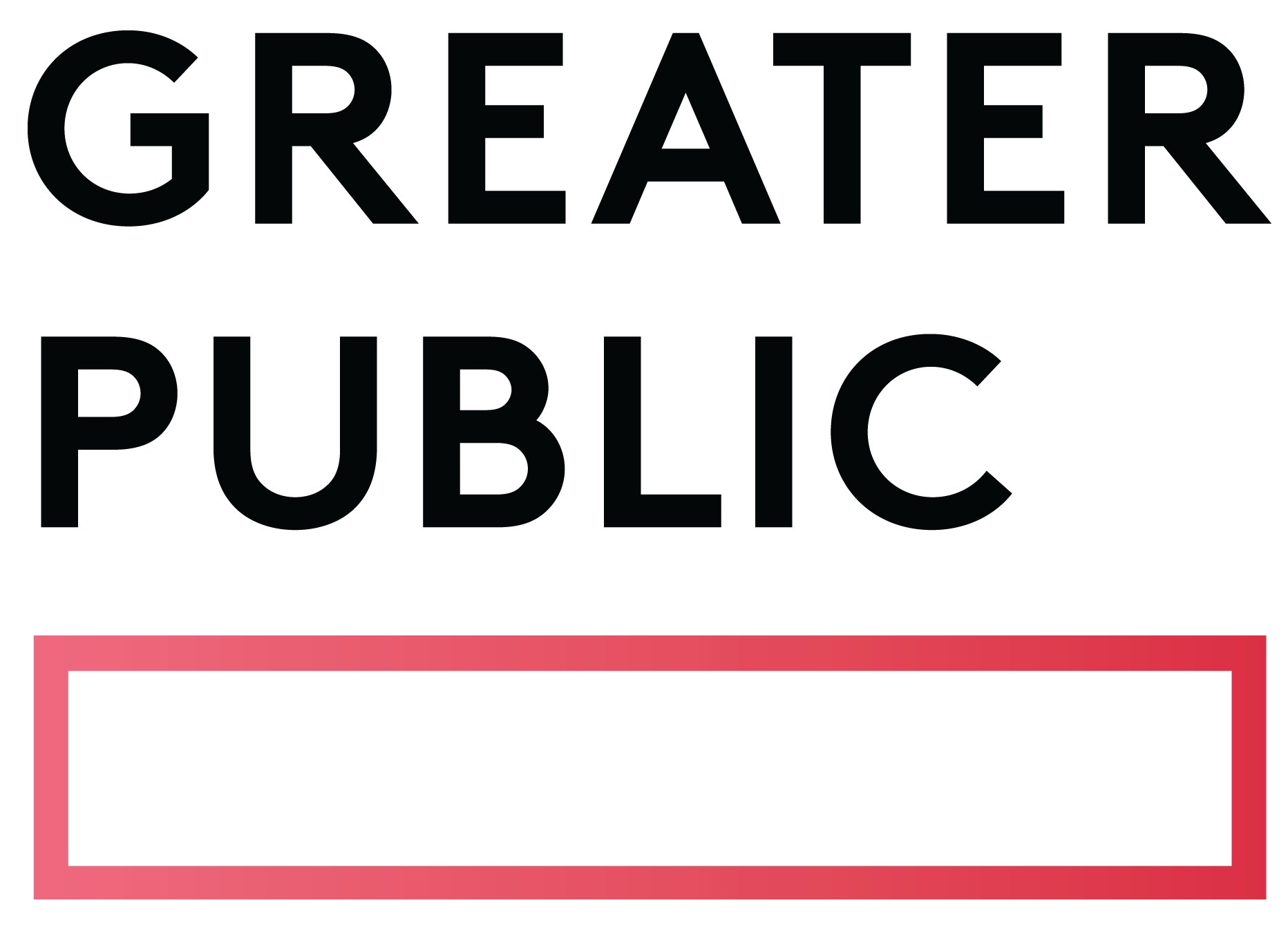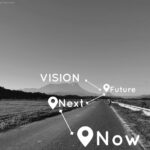According to research conducted by the company Zurich, Gen-Z currently makes up 30 percent of the world’s population and is expected to account for 27 percent of the workforce by 2025. This could compound the changes to work as we know it, as employers seek to attract and retain the next generation of talent. Though this statistic is the foundation of this growing demographic, there have been negative feelings associated with hiring and retaining them. The head of an HR department told ResumeBuilder in an article for the New York Post, “In our organization, the Gen Zs I have interacted with can be exhausting because they lack discipline and like to challenge you. They think they’re better than you, smarter than you, more capable than you and they will tell you to your face.” On the other hand, Adam Garfield, marketing director at HairBro stated, “Compared to other generations, I find Gen Z to be highly innovative, and adaptable.”
Gen Z is intelligent and kind, a little overworked and burned out, but definitely not lazy! It’s kind of like buying a new car and driving it from South Carolina to California multiple times in the same month. After a certain point, the car loses its value and appeal, right? This is the same with Gen-Zers. While it is important to hire and retain them, we must also remember not to abuse their talents; especially individuals who have been unfortunately “overdriven” at a young age. In a 2023 Deloitte survey, nearly half of Gen-Zers and four in 10 millennials said they feel stressed all or most of the time. If you put things into perspective, this demographic started their career amid a global pandemic, unsettling governmental circumstances, and the pay inequity that still plagues organizational structures. Studies have shown that this feeling of exhaustion can be defined as an early life crisis. “It happens when someone in their mid-20s to early 30s begins to question the quality and direction of their life. Common traits include sadness, feeling unfulfilled, and anxiety,” according to an article from NPR by Destinee Adams. In turn, this emotion may be perceived as ‘laziness or entitlement’ by an individual of an older generation. However, Generation Z wants to be recognized for their talents and utilized in important decision-making processes, but not add unnecessary issues from the workplace to their overexerted life.
Gen Z is willing to work hard for the right employer. They want to feed their passion and find fulfillment in what they do without hearing the story about “paying their dues” or “waiting in line.”
If you haven’t realized by now, I’m SUPER passionate about the equity and visibility of Generation Z. This passion not only stems from my inclusion in the demographic but also because the question of whether or not we’ll work as hard as our older counterparts in an organization isn’t a fair measure of our assets and abilities. I read an article with the title, “Hustle culture isn’t dead, it just got a Gen Z rebrand,” and I couldn’t agree more with this sentiment! As we entered the workforce, we became more cautious around work and money, but also open to different avenues for career elevation. The idea of a career ladder is slowly drifting away. According to Martha Bird, a business anthropologist at ADP in an article from CNBC, Following a straightforward, upward trajectory is no longer a realistic, or ideal, framing of success. Instead, young workers are prepared to move laterally, up, down, and around, “with a common theme of a sense of purposefulness at the center of it all.”
Gen Z also has different motivations and priorities. Most of us work to live, rather than live to work. I mentioned in a staff training one day that I try not to take work home with me. Setting that boundary was hard for me until I realized that I don’t have to wear myself thin to make an impact. If it isn’t super important, it can wait until the next day. This decision has been imperative to my development! Realistically, every organization or role will carry some degree of stress. The key is to characterize how much pressure your body and psyche can deal with steadily, without bringing about weariness or overwhelm. This is particularly vital to recognize in a culture where managers in some cases make age-based assumptions, that because an employee is young, they can stay at work past 40 hours or be brought in at the last minute, as if they don’t have other obligations. These exceptions infringe on personal commitments and overstep the boundaries Gen-Zers have in place to mitigate burnout.
Setting a healthy boundary for a Gen-Zer can look like advocating when they feel overwhelmed by a deadline. Managers can support this boundary by providing alternative suggestion(s), or even reexamining whether the deadline and scope are concrete, or are they a reflection of a culture of overwork?
The rise of Gen-Zers in this industry can only be successful if there is intentionality and perseverance. If your organization has hired Gen-Zers, what has been your experience working with this demographic? Starting this conversation in training with leadership or within a division is key to beginning the building of a strong foundation. There’s so much that has been said and will likely be said about Generation Z, but the criticisms of organizations placed on this generation only exist within spaces that don’t work to rectify those behaviors.








